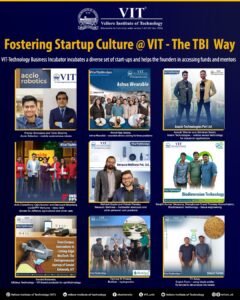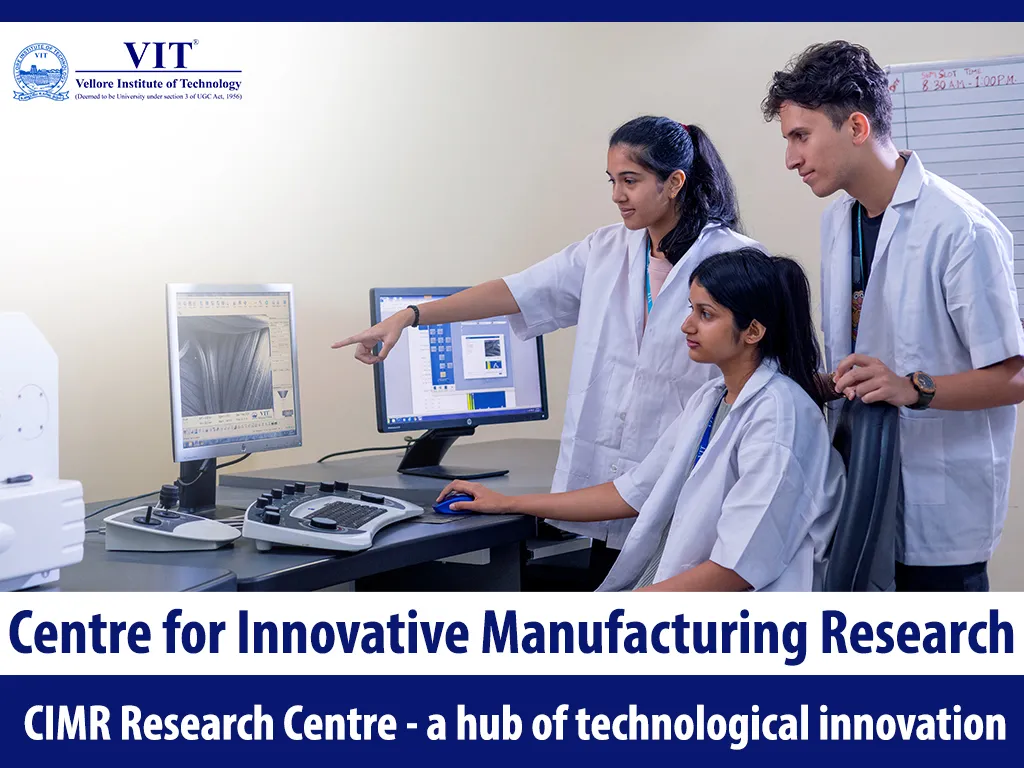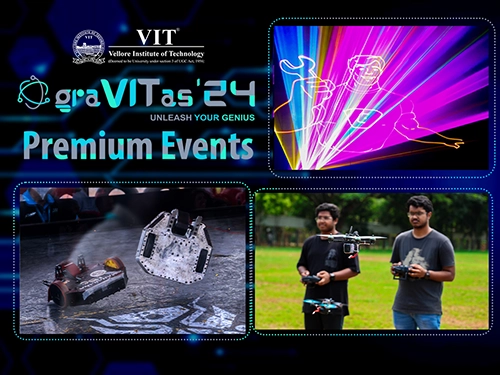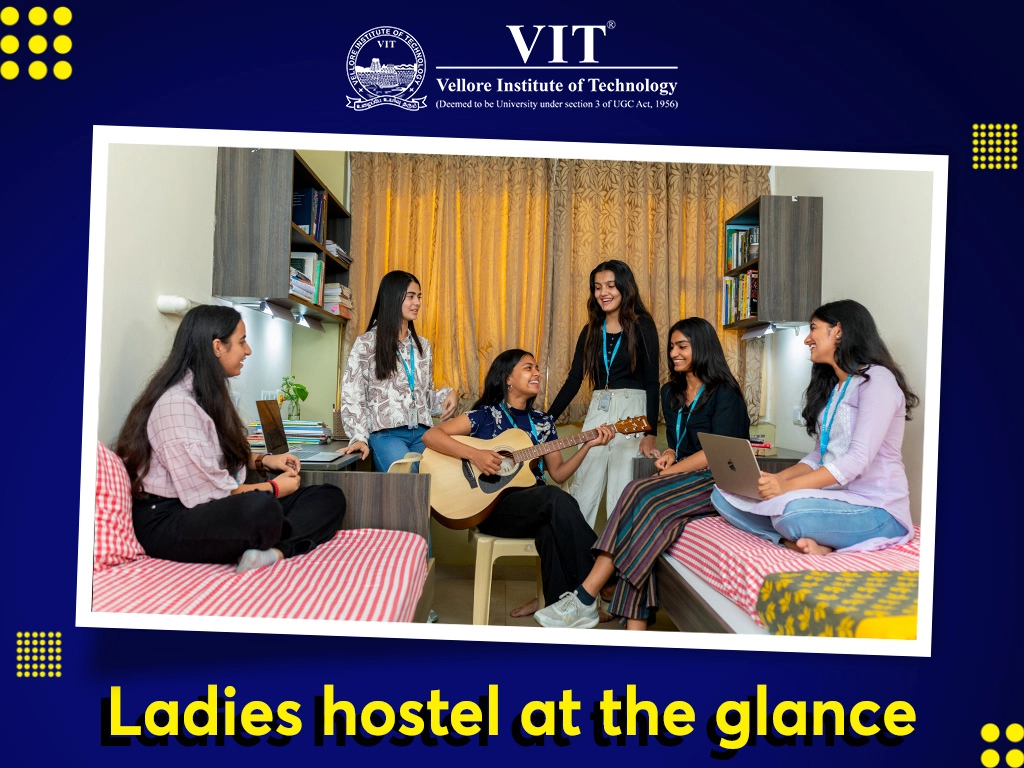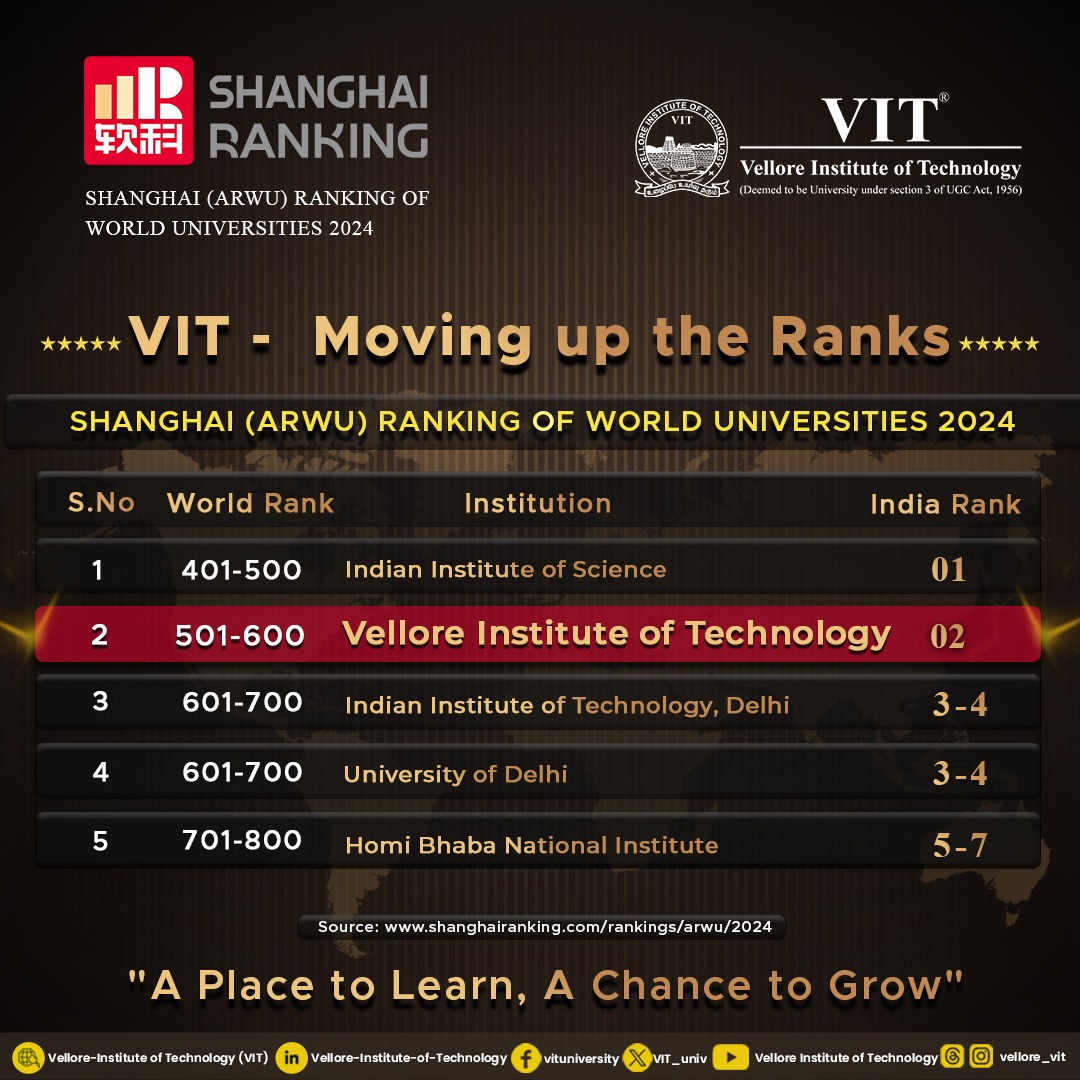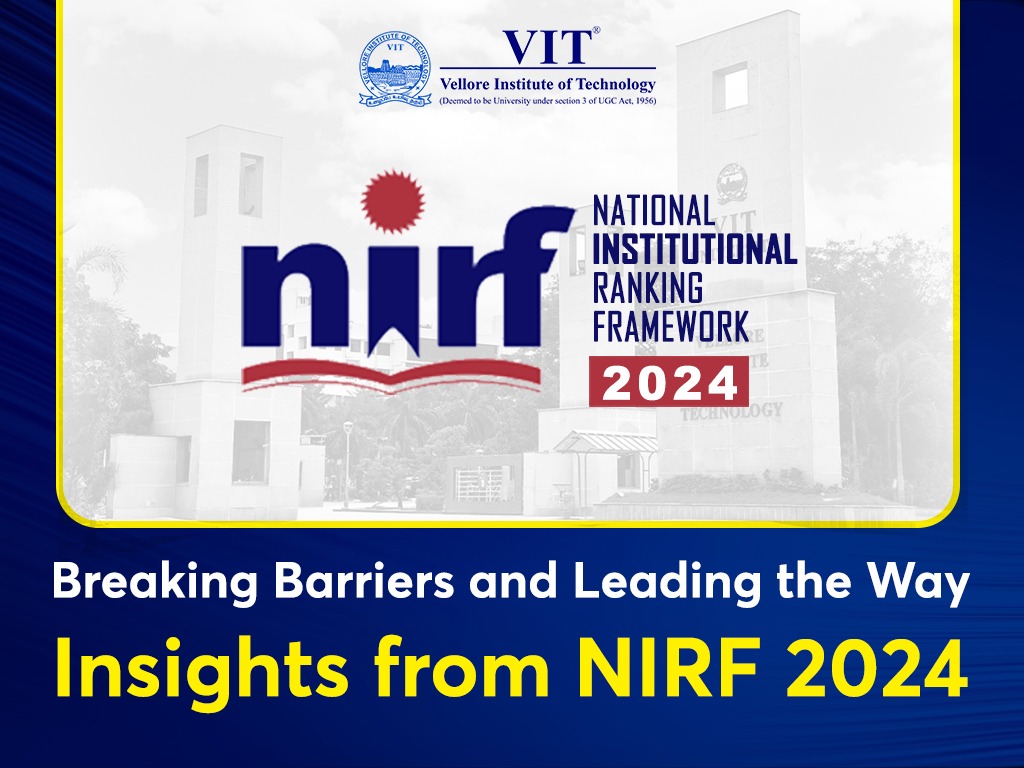Fostering innovation from a Tier 2 city
VIT-TBI incubates a diverse set of start-ups and helps the founders in accessing funds and mentors
N. Ramakrishnan
Just take a look at these founders and their ventures:
- Pranav Srinivasan and Tuhin Sharma, Accio Robotics – mobile autonomous robots
- Anmol Ajay Saxena, Ashva Wearable – wearable device solving for knee problems
- Adarsh Warrier and Abhishek Satish, Araciv Technologies – motion sensor technology for industrial applications
- Arth Chowdhary, Oshi Kumari and Deyvyant Bhardwaj, insideFPV Ventures – deep tech drones for defence, agricultural and other uses
- Nishant Gupta and Palash Pandey, Renaura Wellness – hardwater shampoo and other personal care products
- Ranjith Kumar Velusamy, Manojkumar S and Pradeep Arunachalam, Biodimension Technology – tissue engineering
- Sandal Kotawala, Alfaleus Technology – VR-based products for ophthalmology
- Tanmay M Prasad, BluKhet – hydroponics
- TV Anup, Ensect Farm – using black soldier fly larvae to decompost bio-waste
And, if you are wondering what is the common thread running through these founders and their start-ups, you will realise that it is Vellore Institute of Technology, a premier private engineering university, and its Technology Business Incubator (VIT-TBI). These founders were all alumni of VIT and took to entrepreneurship, with their ventures having been incubated at VIT-TBI.
Having just stepped into the third decade since its founding, VIT-TBI has spawned diverse kinds of start-ups, most of them formed by either student-entrepreneurs or alumni, who have relied on the culture of innovation and experiment that the university campus fosters and nurtures. The biggest advantage for the founders who use the incubator during their initial years is the excellent advice that the faculty offers, not to mention the VIT-TBI’s administration’s efforts to get the founders off their feet by helping them get grants or putting them in touch with mentors and sector experts. Of course, the founders also get a steady stream of interns who are willing to work in the start-ups, some of them may become employees of the ventures after they graduate and some others may become start-up founders themselves. VIT-TBI was initiated in 2003 with a grant-in-aid from the Department of Science and Technology of the Government of India. And, there has been no looking back since then.
According to Dr. A. Balachandran, Director, VIT-TBI, the incubator has 10,000 sq.ft. of physical incubation space available now and under the expansion plans, this space will increase three-fold in a year. The incubator is sector agnostic and helps innovative technology-based start-ups.
He points out that for selecting a start-up for incubation, the incubator looks at four basic criteria – innovative idea addressing a real problem, technological feasibility, commercial viability and the team’s capability to execute the plan. “We currently focus on ICT, medical devices and biotechnology. However, we do not reject ideas from other domains if they meet the selection criteria,” says Dr. Balachandran. The incubator facility is available to not only VIT alumni or students and is open to all with no restrictions on the application process, he adds.
The incubator’s mandate is to create and nurture an entrepreneurial ecosystem in the campus and provide adequate support to youngsters to convert their ideas into commercial ventures. “The campus entrepreneurial ecosystem is quite vibrant and is in a position to support anyone with an idea to explore, experiment and expedite a venture,” says Dr. Balachandran.
VIT-TBI’s incubation services include access to R&D infrastructure; mentoring from domain experts and business mentors; funding options such as grants, equity, debt, angel and VC funding; business linkages for market validation and business development; and, talent in the form of interns and facilitating hiring.
It is the support that VIT-TBI provides that enabled a founder like Anmol Ajay Saxena to anchor her start-up at VIT-TBI. She had worked in the automotive industry for a couple of years and decided to start up with a venture that would develop a wearable device to help deal with knee problems. Or, take the example of Sandal Kotawala, who hails from Rajasthan and did his engineering degree at VIT. Right through his engineering degree, Kotawala experimented with various innovative products and services before finally developing a VR-based product for ophthalmology. That too was made possible thanks to his professors at VIT allowing him to experiment and attend various conferences during his course.
According to Dr. Balachandran, VIT-TBI also operates various grants and seed fund schemes of different Government of India departments. These include NIDHI PRAYAS of the Department of Science and Technology, which offers up to ₹10 lakhs for a young innovator to develop his or her idea as a proof of concept; NIDHI Entrepreneur in Residence fellowship; MeitY proof-of-concept grant; MeitY Entrepreneur in Residence grant; DST Seed Support Programme; and, BIRAC Seed Fund.
Apart from these, says Dr. Balachandran, the incubator has an MoU with Indian Bank for follow-on debt funding up to ₹50 crores for growth stage ventures; four companies have availed of the support so far under this scheme. “We do connect our start-ups needing angel/VC funding with angel investors, angel networks and VC firms. We recently entered into a partnership with Chennai-based Campus Angels for facilitating linkages,” he adds.
Apart from a large number of domain experts from VIT’s own faculty, the TBI has around 160 mentors from different facets of business – marketing, finance, legal, regulatory and medical. A majority of the mentors offer pro bono support and VIT-TBI arranges mentoring clinics, focus group sessions and one-to-one connects between mentors and start-ups. VIT-TBI is part of many incubator networks and, most prominently as a founding member of Indian Science & Technology Entrepreneur Parks and Business Incubators Association (ISBA). Dr. Balachandran is currently the vice-president of this association and being a master trainer in business incubation, he has offered numerous training sessions in India and abroad.
Is being in Vellore, a tier 2 city, a handicap in terms of attracting founders to incubate from the facility? (VIT is situated along the Chennai-Bengaluru national highway.) “There are challenges in the absence of a large start-up ecosystem as in some major hubs,” says Dr. Balachandran. However, thanks to its location between Chennai and Bengaluru, he adds, VIT-TBI takes advantage of both the ecosystems to help its start-ups. “We have supported over 150 ventures; around 30-40 ventures are under incubation, both physical and virtual, at any given time,” he says.
- (The writer is a Chennai-based freelance journalist.)

